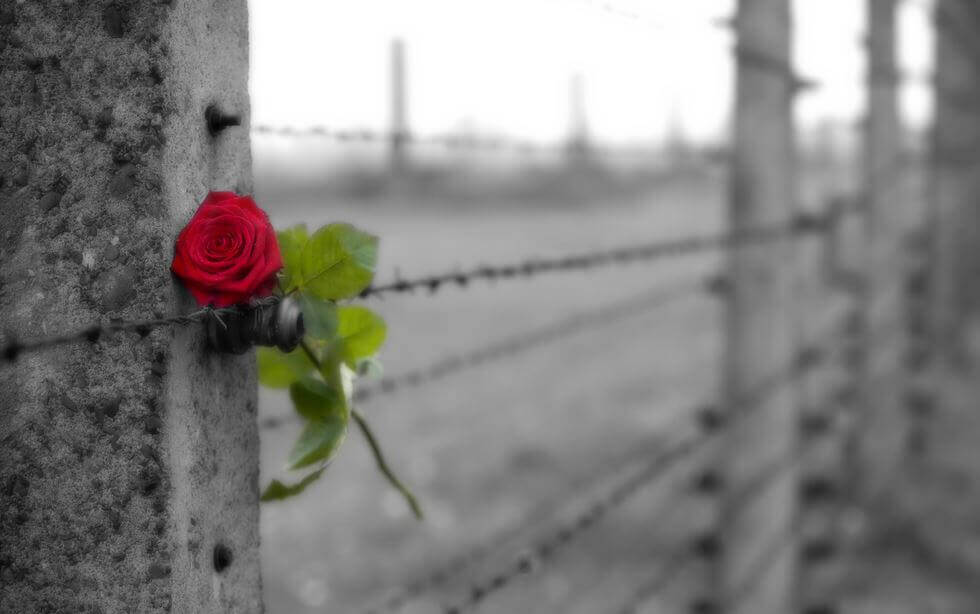Life is made of losses, and in those losses there are those that can relieve us in some way, those that we are indifferent and those that we do not want to face. It can be a person who leaves, but it can also be an object, a possibility, or a dream. To deal with these types of losses, especially those that cut our skin and leave a deep wound, you need grief.
Grief is an emotional state where we can express our sadness, where people come to us to give us a little affection to compensate, in some way, for the cold that comes from that void created by loss. An emotional state designed for empathy, for a few words and a lot of understanding.
- Unfortunately.
- Bereavement can be complicated in many ways.
- The first is that social support may not happen.
- Most people understand when a person suffers because they have lost a loved one and.
- Unfortunately.
- It is an experience that we will all live sooner or later.
- However.
- For some people with other types of losses.
- This is less understandable.
- For example.
- People who have never shared their lives with a dog or cat and who have never loved an animal do not understand the pain of losing.
Other losses that are difficult to understand are opportunities or dreams. They are specific to each person, often nourished by loneliness and therefore retain an illusion that is difficult to express with words, since they cannot be compared to anything. You can tell the other person that you’re sad because all the work he’s done for years is gone, but still, it’s very hard to understand why you didn’t fulfill all your efforts and didn’t see your face on a bad day. Explaining all this is very complicated.
Therefore, the first problem with bereavement may be the understanding of others of the pain it contains.
The first function of grief is to recognize that there was the loss, in fact, a somewhat antagonistic experience of bereavement is denial: to live as if this person, this dream, this illusion, this object or this animal should continue in our lives. denies loss resists mourning.
In fact, when this denial occurs in the early moments, we are talking about an adaptive strategy that slows down the emotional impact while the brain, even unconsciously, begins to process information; However, this does not happen when the denial is prolonged and the person cannot initiate the grieving process.
The second function of mourning is to recognize that this person, this object, this dream, this animal, or anything else really existed; mourning serves, in a way, to erase the memory of what was lost; In this sense, the denial of grief can bring a feeling of guilt, because as the person tries to protect himself, he feels that he is betraying his memory and does not recognize the importance of the one who has left, in this way we accumulate more negative feelings and even a little resentment and self-loathing.
Pain plays a role of gratitude and homage
Finally, the duel allows the development of the story: it gives us the space to finish and begin a new chapter in our life, in addition, in many cases, but not always as we have already said, we attract the attention of others. Those who pay attention to us, listen to us with empathy and, in this way, we do not feel so alone, we feel welcomed and a possible feeling of abandonment can disappear due to the affection provided by others.
Grief is therefore an intimate act, an act of gratitude and love for the person who has left us, a letter written in the wind where we finish the outstanding questions, where we thank you for the time you shared, and in the firm there are always those simple words: “I will miss you forever”.

